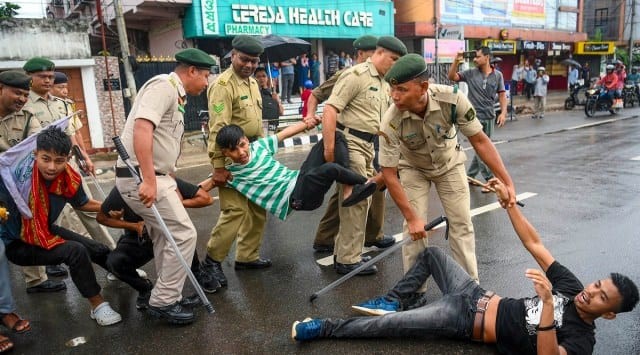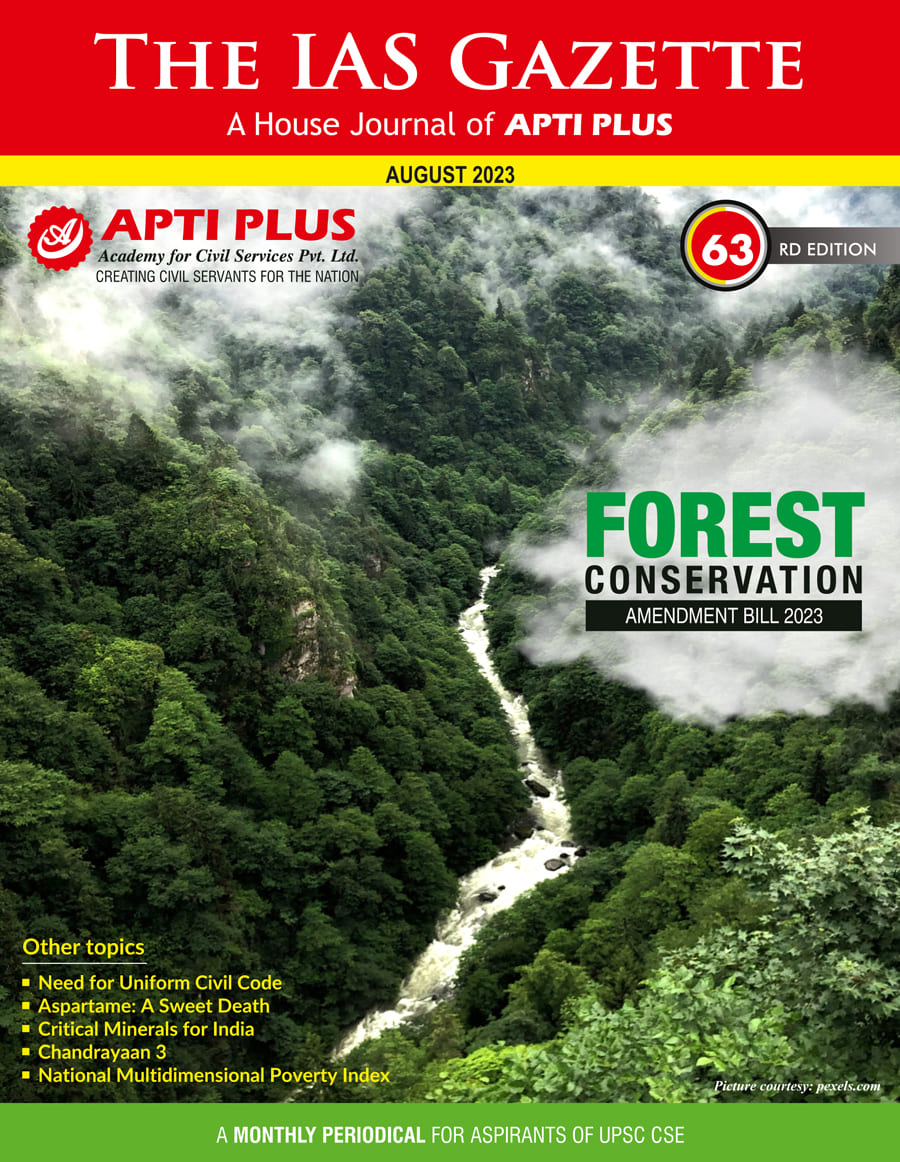Description

Disclaimer: Copyright infringement not intended.
Context
- The recent developments in Tripura regarding the Kokborok language and the strike called by the Twipra Students’ Federation (TSF).
Details
- Kokborok, also known as Tripuri, is an indigenous Tibeto-Burman language spoken primarily in the Indian state of Tripura and neighboring areas of Bangladesh.
- The Kokborok language has been a focal point of debate and activism in Tripura for several decades, particularly regarding the choice of script for writing the language.
Script Debate and Recent Controversies
- The debate over the script for writing Kokborok has been ongoing for decades.
- The language was officially recognized in 1979, and it is spoken as the first language by many of Tripura's tribal communities.
- Two commissions, led by Shyama Charan Tripura and linguist Pabitra Sarkar, have examined the script issue.
- The Roman script has been advocated by some as the preferred script for Kokborok.
- Recent controversies have arisen regarding the imposition of Hindi script and the use of Bengali script in Kokborok exams, intensifying demands for the Roman script.

Kokborok Language: An Overview
Etymology
- The name "Kokborok" is derived from "kok," meaning "verbal," and "borok," meaning "people" or "human."
- This name signifies the importance of the language as the means of communication among the Tripuri people.
History
- Kokborok has a rich historical heritage and has been attested since at least the 1st century AD.
- The historical records of Tripuri kings were originally written in Kokborok using the "Koloma" script.
- Later, these historical records were translated into Sanskrit and Bengali in the 19th century. Unfortunately, the original Kokborok versions of these chronicles are no longer available.
- Over time, Kokborok transitioned from being a royal language during the rule of the Tripuri kings to a common people's dialect.
Writing System
- Traditionally, Kokborok had its own script called "Koloma."
- However, in contemporary times, it is primarily written in the Bengali script. The Koloma script is still used in some traditional contexts and among certain groups.
Grammar and Linguistic Features
Kokborok exhibits unique linguistic features:
- Subject-Object-Verb (SOV) word order.
- Extensive use of postpositions.
- A complex system of noun and verb inflections to indicate tense, mood, aspect, and person.
- A rich system of honorifics and politeness levels.
Vocabulary
- Kokborok has a diverse vocabulary that reflects the culture, environment, and traditions of the Tripuri people.
- It includes words related to agriculture, rituals, food, clothing, and more. Additionally, there may be borrowed words from neighboring languages and cultures.
Challenges and Preservation Efforts
- Kokborok faces challenges such as language shift towards dominant languages like Bengali, English, and Hindi.
- Efforts have been made to document, preserve, and promote the language, including the development of educational materials and language revitalization programs.
Literature and Oral Tradition
- Kokborok has a rich oral tradition with folktales, myths, and legends passed down through generations.
- In recent years, there has been a growing body of written literature in Kokborok, including poetry, short stories, and even newspapers.

Conclusion
In summary, the strike and protests in Tripura reflect the ongoing debate and activism surrounding the Kokborok language, particularly the choice of script. This issue has gained attention and support from various quarters, including tribal organizations and political leaders, as it represents an important aspect of preserving and promoting the linguistic and cultural heritage of the indigenous Tripuri people.
|
PRACTICE QUESTION
Q. Which of the following statements about Kokborok is correct?
1. Kokborok is an Indo-Aryan language primarily spoken in Tripura.
2. The Kokborok language uses the Bengali script for writing.
3. Kokborok is related to the Tibeto-Burman language family.
Options:
A. Only statement 1 is correct.
B. Only statement 2 is correct.
C. Only statement 3 is correct.
D. Statements 2 and 3 are correct.
Answer:
C.
|
https://indianexpress.com/article/north-east-india/tripura/tripura-students-strike-detain-demand-roman-kokborok-8913245/
















